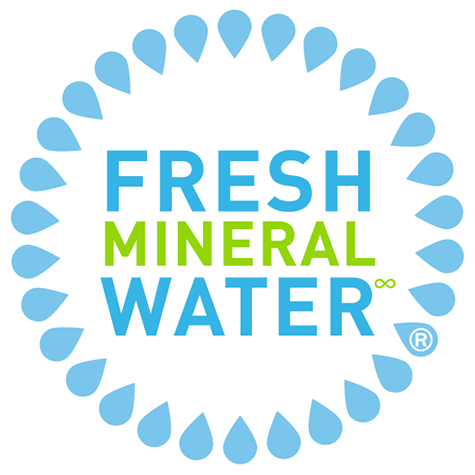BackwashA means of cleaning which reverses the flow of water through the filter, forcing dirt out a waste line. This is done by setting the backwash valve to the backwash position. Typical maintenance for sand and DE filters. NOTE: Never adjust the valve while the pump is running
Backwash CycleThe time needed to backwash (clean) the filter and its components.
BacteriaInvisible single-cell organisms of various forms, some of which can cause infections or disease. Bacteria are controlled by chlorine, bromine or other sanitizing agents.
Balanced WaterWater containing just the right amounts of Calcium Hardness, Total Alkalinity, pH and Dissolved Solids so as to prevent scale-forming or corrosive tendencies.
Ball ValveUsed to regulate the flow of water and to shut off skimmers, drains and other lines in order to vacuum or run a spa or other water feature.
Base DemandThe required amount of soda ash (or other pH increaser) to increase the pH level of pool water to the ideal range of 7.2 to 7.6.
BiguanidesA sanitizer that is part of a non-chlorine water treatment system. Most chemicals used with chlorine are incompatible with biguanide sanitizers and visa versa. The recommended shock for biguanide treated pools contains hydrogen peroxide.
BlowerAn electrical device that produces a continuous rush of air to create the optimal bubbling effect in a spa, hot tub or whirlpool. It is usually plumbed in with the hydrotherapy jets or to a separate bubbler ring.
Blue FingernailsA condition caused by too much copper in the pool water. Blue fingernails are not caused by chlorine. The copper may get into the water by the bad practice of placing trichlor tabs in the skimmer; this acidic product will cause low-pH water, which will in turn dissolve metals in the equipment. The dissolved metal (usually copper) then stains hair, fingernails and, eventually, pool walls. It can also be caused by keeping the pH too low or misusing acid.
BorateAn elemental mineral used for conditioning water to provide clearer, more comfortable water.
Bottom Circulation System (BCS)Also called a main drain. It is a separate system that is installed beneath the pool connecting into the filter. The system circulates the water from below.
Breakpoint ChlorinationThe process of adding sufficient chlorine to completely oxidize all organic matter, ammonia or nitrogen compounds. All chlorine added after that point is free available chlorine.
BroadcastingDistributing chemicals into a pool by scattering over the water surface.
BromaminesBy-products formed when bromine reacts with swimmer waste (perspiration, urine), nitrogen or fertilizer. Bromamines are active disinfectants and do not smell, although high levels are body irritants. Bromamines are removed by superchlorination or shock treating.
BrominatorA mechanical or electrical device for dispensing bromine at a controlled rate. Most often a canister or floater filled with tableted or granular bromine.
BromineA sanitizer similar to chlorine commonly used in spas. Very effective against bacteria but it cannot be stabilized, so it is susceptible to deterioration by sunlight. Unlike chlorine, it can be combined with ammonia compounds and still be an effective sanitizer.
BTUAbbreviation for British Thermal Unit. The amount of heat necessary to raise 1 lb. of water 1 degree Fahrenheit.
BufferChemicals that serve to prevent fluctuations in pH.
BypassAn arrangement of pipes, gates and valves by which the flow of water may be passed around a piece of equipment or diverted to another piece of equipment; a controlled diversion.

